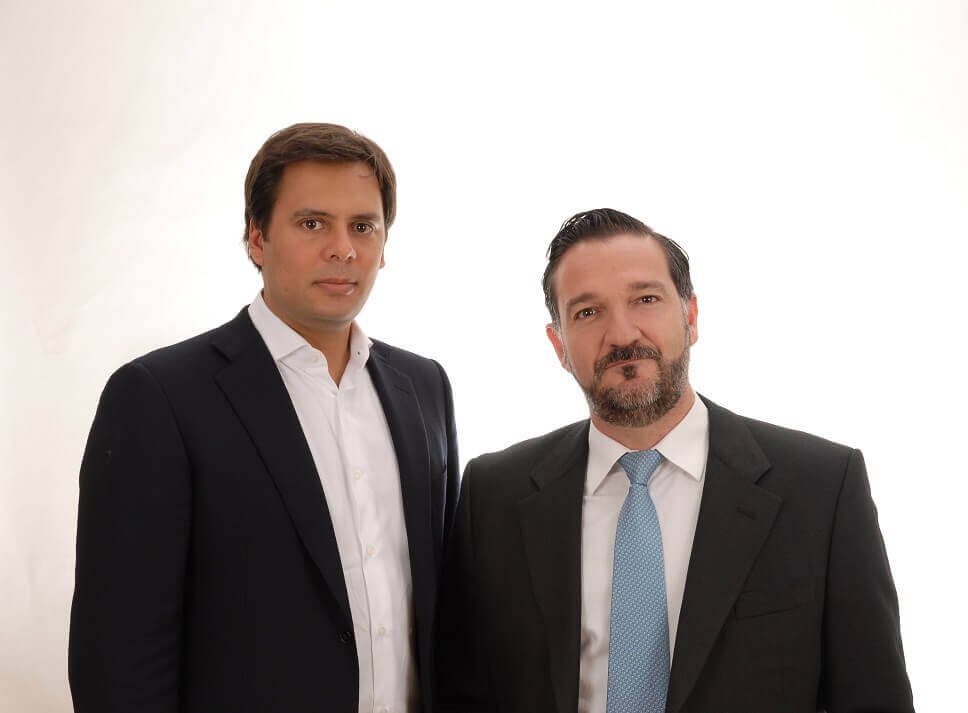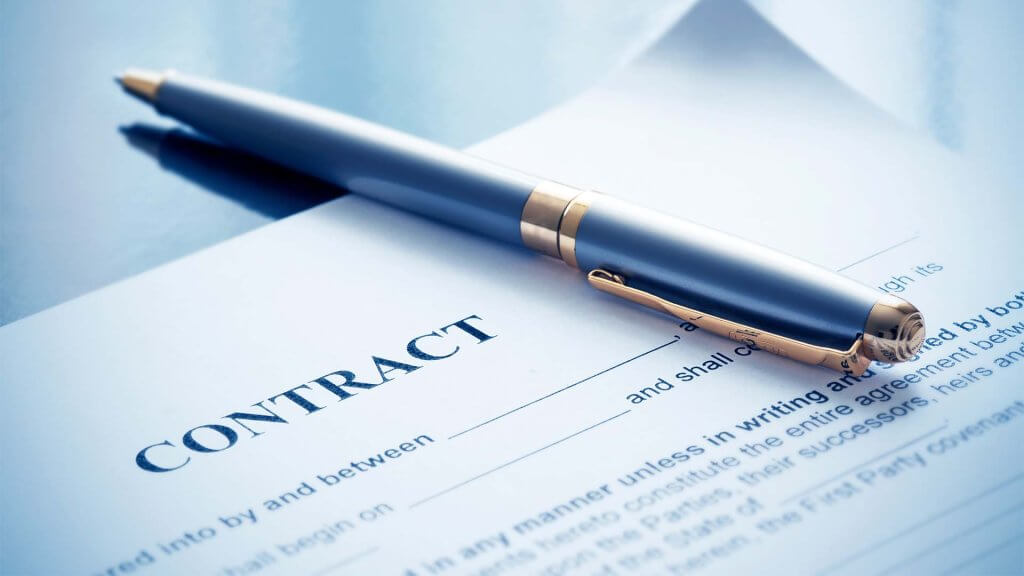
Patents: Storming the World of IP
First Thought IP Ltd is a full-service intellectual property law firm that advises on patents, designs and copyright, licensing and litigation issues. Mark Milhench, Chartered Patent Attorney and a European Patent Attorney, and Managing Director and Owner of First Thought, told us how his firm helps businesses navigate the often challenging IP environment
First Thought IP Ltd specialises in intellectual property law, in particular in patents for physics-related inventions, engineering, telecoms and software and in registered designs.
“Essentially, we are able to handle all fields of technology other than biotech or genetics inventions and complex chemical inventions,” says Mark Milhench, Managing Director and Owner. “We have expertise in litigating patents, particularly in the UK, Europe and the US. We are also skilled in helping our clients to acquire funding, to monetise their IP, and to evaluate acquired intellectual property.”
The company was initially established to provide a low-cost, high-quality service for start-up companies that couldn’t afford to engage the larger firms in the UK. “We are small enough to be able to offer flexible payment options, and we provide a level of service that is at least comparable (if not better) than those provided by other larger firms,” says Milhench. “We pride ourselves on being commercially aware, and acquiring IP rights for our clients that will be commercially useful to them.”
Towards the start of 2014, Milhench says many of First Thought’s clients were experiencing problems acquiring funding for the activities – and hence their IP portfolios. Start-ups, in particular technology start-ups needing funding to develop prototypes and build products, did not appear to be particularly attractive to conventional investors, he says.
“Thankfully, this situation appears to have improved somewhat through 2014,” he says. “Clients, with our help, have identified new sources of funding; and the corporate chequebooks of the traditional financiers appear to be opening once again. Several clients have achieved funding through crowdfunding campaigns, other others have acquired investment from high net worth individuals and venture capitalists.
“A corollary of the difficult trading environment at the start of 2014 is that we have seen more work from business restructuring and turn-around companies and individuals. These companies and individuals have been busy picking up struggling companies, and we have been engaged to evaluate, price and ultimately run the IP portfolios of the companies they’ve acquired.”
A growing demand
Recent years have seen a sudden increase in demand for patent attorneys’ services. Why is this? In my view, the general public and companies alike have become more aware of intellectual property, and the advantages that it can offer when properly protected,” says Milhench. “In our segment of the IP market, there are few high-quality, low cost companies that have the breadth of experience that we can offer our clients. We have also found that more care is being taken to properly evaluate intellectual property before companies are acquired, whereas the IP tended to be dealt with as something of an afterthought in the past.
“On a personal level, I think there is a general lack of attorneys who are knowledgeable and commercially aware. Too often I find that clients have spent money on having applications drafted that are legally adequate, but commercially of little use. This is something that we always try to avoid.”
If using an inexperienced attorney can lead to problems further down the line, the consequences of failing to use one at all could be catastrophic.
“Fundamentally, the biggest risk of not using a patent attorney is getting something wrong – as it’s often impossible to correct such mistakes,” Milhench says. “Patents are extremely complex, and the rules differ from country to country. This is another reason why it’s important to use someone who’s knowledgeable not only about the UK but other key markets as well. For example, I’ve been involved in complex litigation in the US and elsewhere, so I know what works when a case comes to trial, and I can draft patent applications with one eye on just such an eventuality.
“It is also the case that the patents system runs on strict deadlines that often cannot be extended. If you miss one of these, then rights can easily be irretrievably lost. You need an attorney to keep on top of what’s happening, and what needs to be done by when.”
An ever-changing landscape
To stay at the forefront of any changes or developments in the industry, Milhench says First Thought is set up to monitor changes in the law, and regularly reviews the latest UK, European and US case law – so the firm is always aware of the most relevant issues that arise, and how best to avoid them. “We also have a close network of like-minded associates who keep us informed of significant changes in their jurisdictions,” he adds.
The coming year could present challenges for patent practitioners, says Milhench. “In the next 12 months we may have the Unitary or so-called Community Patent to deal with. This patent will provide a Community patent that covers the entirety of Europe, unlike the current system where European patent applications are converted – after grant – to a bundle of standalone national rights. It will be interesting to see whether our clients prefer filing for Community-wide protection, or whether they continue to file European Patent Applications.
“Aside from legal changes, I expect that our clients will continue to find it tough to raise funds and finance their businesses using conventional sources,” he says. “Equally, I expect that many of our clients will start to look for community funding for their businesses.”





















